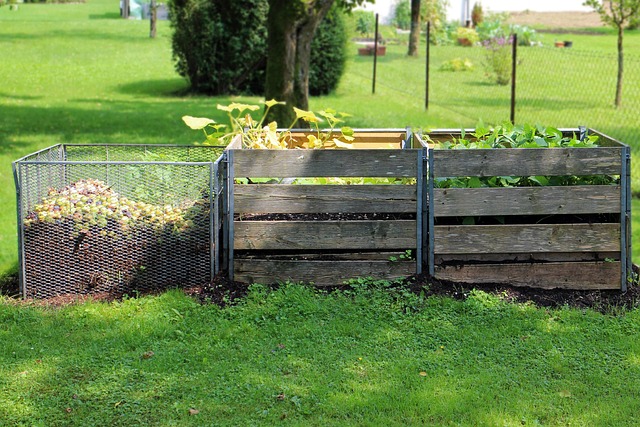Breaking Down Barriers: Understanding Decomposition Time in Komposzt
The art of composting, or komposzt as it is often referred to, involves a delicate dance between nature and our human efforts. One of the fundamental concepts that cultivates a successful composting experience is decomposition time. Understanding this process can not only enhance your gardening success but also foster a deeper connection with the environment around you.
What is Decomposition Time?
In its simplest form, decomposition time refers to the duration it takes organic materials to break down into nutrient-rich compost. This process is influenced by a variety of factors, including the nature of the materials, moisture content, temperature, and the presence of microorganisms. When we embrace these elements, we can see how the cycle of life unfolds right in our backyards.
The Life Cycle of Organic Matter
When you toss kitchen scraps or yard waste into your compost bin, you are looking at a microcosm of activity. The inevitable onset of decomposition time begins as microorganisms, worms, and other beneficial organisms eagerly break down these materials. It’s akin to nature’s magic show, converting undesirable waste into a rich soil amendment that energizes our gardens. This transformation is a reminder of life’s transient nature, where everything has its purpose, even in decay.
Factors Affecting Decomposition Time
Understanding the factors that influence decomposition time can significantly enhance your composting journey. Here are some critical aspects to consider:
- Material Type: Different organic materials decompose at varying rates. For instance, grass clippings break down quickly, while branches and woody materials take much longer.
- Moisture Level: Compost requires a balance of moisture to encourage microbial activity. Too much water can lead to anaerobic conditions, while too little can slow down the process.
- Temperature: The heat generated during decomposition is crucial. Hot composting can lead to faster decomposition time, thanks to increased microbial activity.
- Oxygen Flow: Aeration is vital. Turning the compost heap regularly introduces oxygen, which helps speed up the decomposition process.
Embracing the Waiting Game
Patience is key when it comes to composting. Each layer added brings its own decomposition time, and while it may feel like an eternity at times, remember that all good things come to those who wait. The anticipation of rich compost spilling from your bin into your garden beds is worth the effort. It’s a journey, not just a destination.
Tracking Your Progress
As you embark on your komposzt journey, it can be beneficial to track the decomposition time of different materials. Take notes on how quickly kitchen scraps turn into compost versus how long it takes for yard debris. This not only enhances your understanding but also enriches your relationship with the earth as you cultivate a thriving garden.
Conclusion
In the world of komposzt, understanding decomposition time is a powerful tool that can deepen your connection with nature and enhance your gardening experience. Embrace the wait, learn from the process, and enjoy the rich bounty that your compost will ultimately provide.


